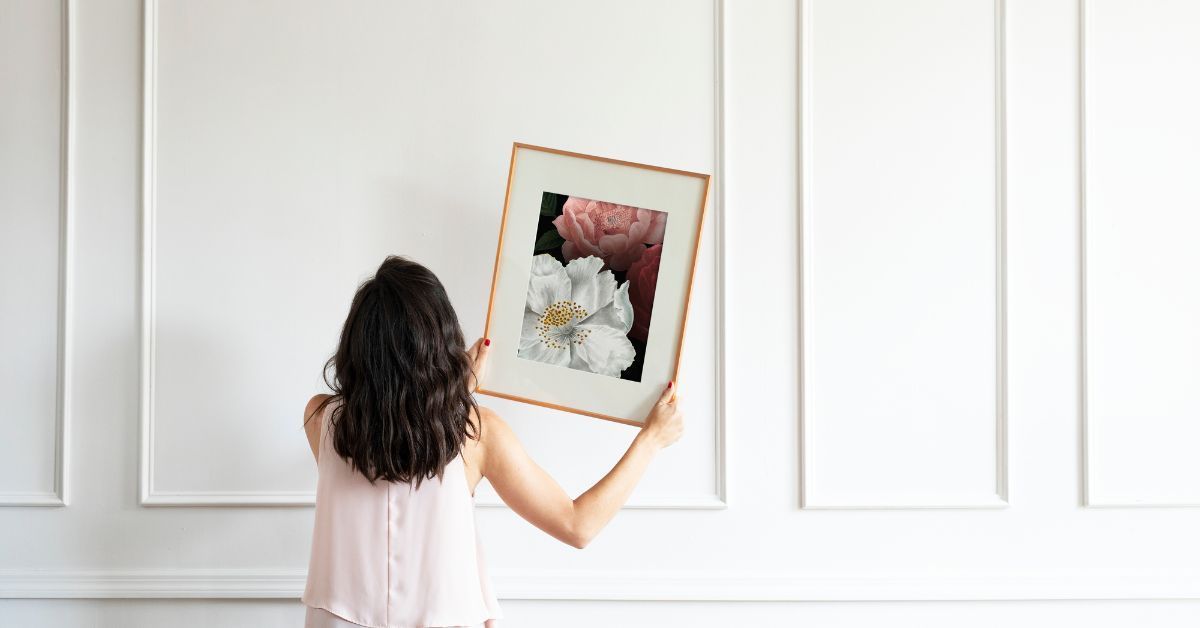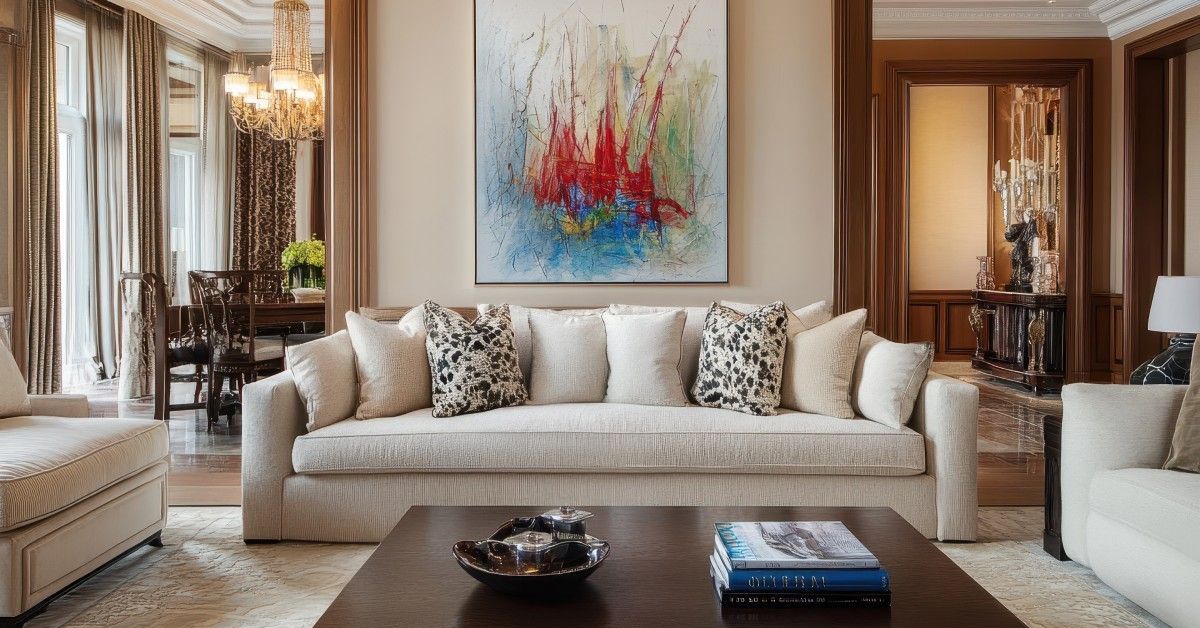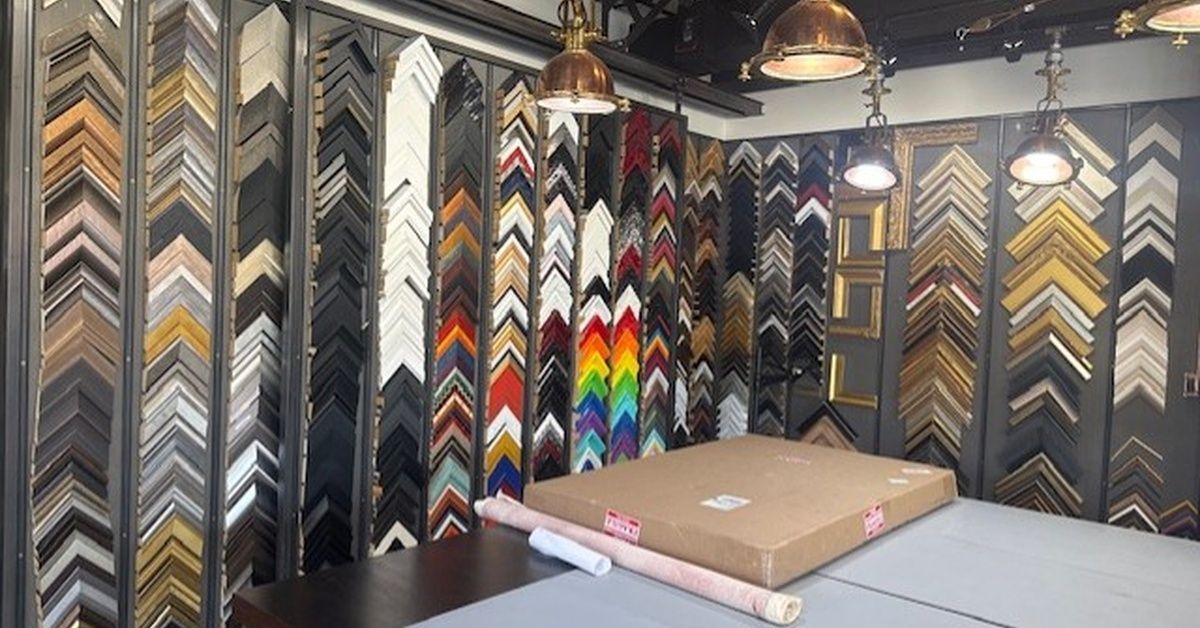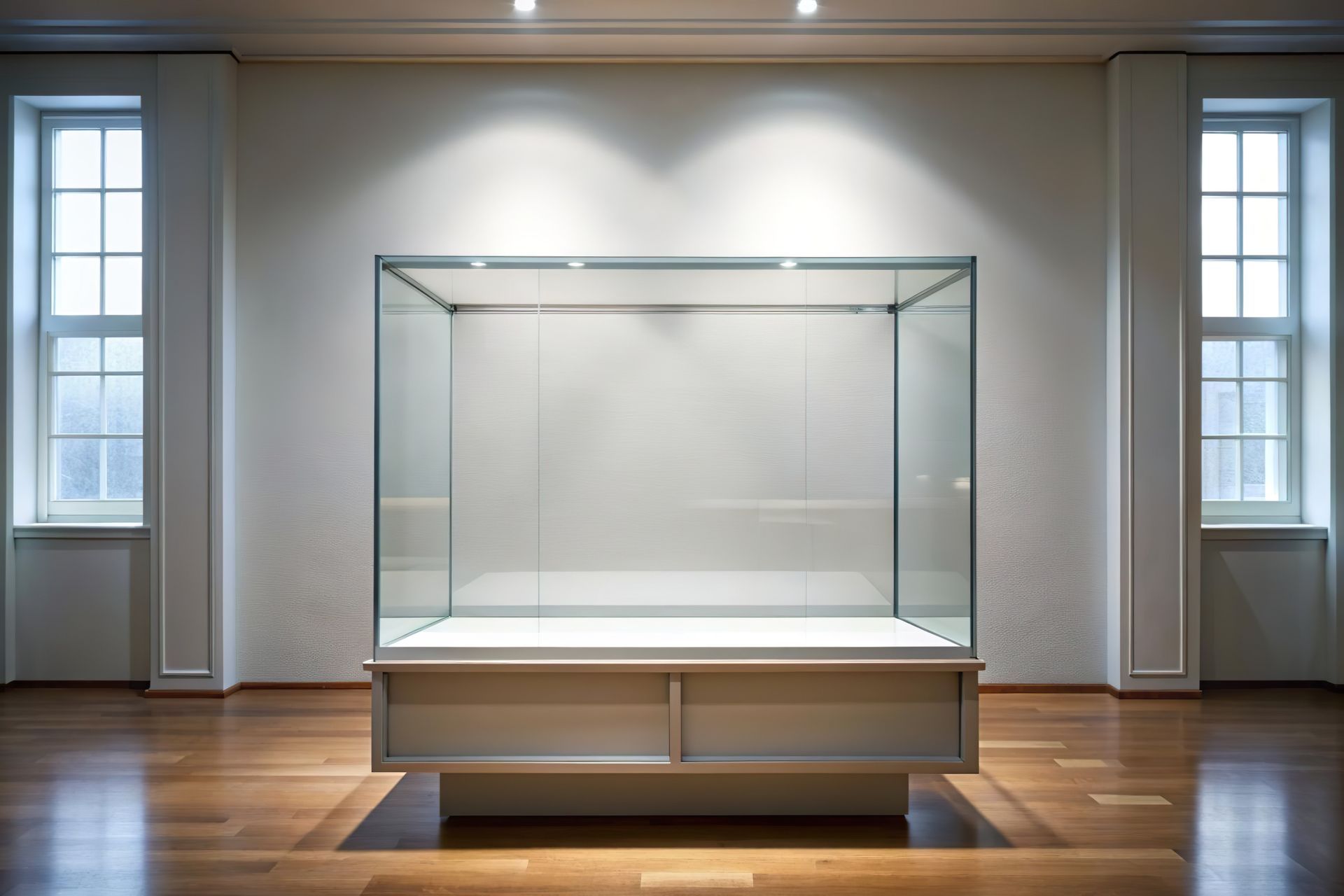Tips for Choosing a Frame That Complements Your Artwork
This is a subtitle for your new post
As you pick out furniture and design the interior of your home, you may find empty space on your walls that could perfectly fit a wonderful art piece. Rather than mounting or nailing your artwork directly to the wall, invest in a high-quality frame to preserve its beauty and decorate your home. Choose a frame that complements your artwork by considering the dimensions and composition of the piece.
Think About the Dimensions of the Artwork
Before you can style your frame with colors and materials, measure your artwork to find the dimensions of your frame. If it’s not a perfect fit, it may look mismatched or out of proportion when you hang it on your wall. Measure the length and width of your artwork and determine if it follows a traditional measurement guide or if you need unique services to frame your artwork.
Choosing the Right Frame Width
The width of a frame can either fill extra space on your wall or seamlessly blend the artwork into your interior decor. A thick, wide frame works well with larger, bold pieces as it creates a commanding presence. Conversely, thin frames are ideal for smaller or delicate works so that you can maintain the piece’s grace without overwhelming it.
Supporting Oversized Artwork
For large-scale pieces, substandard frames can warp or fail to support the weight of the artwork over time. Instead, choose sturdy, reinforced frames that can handle oversized works. These unique structures keep the frame and art secure while showcasing a sleek appearance.
Balancing Matting With the Frame Size
When adding matting to your frame, insert the material so that it’s proportionate to both the frame and the artwork. A generous mat can create separation for busy compositions, while a smaller mat maintains subtlety for simpler works.
Consider the Style of the Artwork
Once you determine the dimensions of your art, consider its intention and style. A mismatch between the artwork’s style and the frame can disrupt the overall flow of your space.
Matching Traditional Artwork
Traditional artworks, such as oil paintings and classic landscapes, often pair beautifully with ornate frames. Look for frames with intricate carvings or gilded finishes to complement the elegance and history of these works. For example, a Baroque-style frame with gold-leaf detailing brings out the opulence in classic portraits.
Pairing With Contemporary Artwork
Modern and contemporary works will usually work best in minimalist frames. Solid black or white frames with clean lines emphasize the artwork without overwhelming it, and they even pair well in contemporary homes. Acrylic frames can also be an excellent choice for bold, abstract designs because they allow the artwork’s color and form to take center stage.
Understanding Mixed-Media and Unique Art Pieces
For mixed-media artwork or pieces with unconventional designs, pick a frame that neither conflicts with the texture nor overpowers the creativity. Shadowbox frames, for instance, create visual depth and allow space for three-dimensional elements.

Evaluate the Color Palette
Choosing a frame that complements the artwork’s color palette is a great way to decorate your home. A poorly chosen frame color risks clashing with the artwork and can leave a distracting impression on your interior decor.
Neutral Frames for Versatility
When dealing with colorful or vibrant artwork, neutral tones like black, white, or natural wood are a safe choice. These frames provide a balanced backdrop and allow the colors within the art to pop without interference. To showcase your artwork, make sure to pick a color that stands out from the color of your walls.
Enhancing the Dominant Hue
If you want to blend your frame and your art piece, choose a frame with a color that complements the dominant hue in your artwork. For instance, a painting with warm tones may benefit from a honey-toned wooden frame, while cool blues often pair well with silver or gray finishes.
Contrasting for Bold Statements
For a more dynamic approach, select a frame that contrasts with the artwork’s palette to make both elements stand out. A bright white frame around a dark, moody painting can create a striking visual effect. Similarly, a colorful frame can add energy to a piece with subdued hues.
Match the Frame to Your Home’s Decor
While your artwork may seem perfect in its frame, it may look odd if decorated in a contrasting environment. A well-chosen frame doesn’t just complement your artwork; it also ties seamlessly into your home’s overall design aesthetic.
Frames for Modern, Minimalist Spaces
Clean, simple frames work beautifully with modern interiors, so look for matte or glossy finishes in black, white, or metallic tones to match minimalist decor schemes and create a cohesive look. Hang your artwork in your kitchen or living room to spruce up the walls with a minimalistic art piece.
Pairing Frames With Rustic or Vintage Interiors
For homes with a rustic or farmhouse charm, consider distressed wood or antique-style frames. These add warmth and character to both the artwork and your space as they blend naturally within a vintage-inspired aesthetic. Decorate the walls around your bedrooms or place the frame on a bookshelf to fill up space in your home.
Integrating Frames Into Eclectic Designs
Eclectic interiors allow for the freedom to experiment with unique and creative framing. Don’t be afraid to use bold, colorful frames or unusual shapes to add personality and reinforce your home’s playful energy. Whether you hang your artwork in the bedroom, living room, or bathroom, choose the best spot for your eclectic frame.

Take the Art Medium Into Account
Different art mediums demand different levels of care and complementary framing. Some art pieces fade when exposed to UV rays, and others may need moisture-resistant materials to preserve their structure. Knowing what medium your piece is in can help you understand its framing requirements.
Framing Paintings With Texture
For oil or acrylic paintings with visible texture, consider frames that provide a protective border. Floating frames, in particular, allow the texture of the artwork to breathe while giving the piece a modern edge. A sturdy frame will protect your artwork in case something bumps into it or if it falls to the ground.
Preserving Delicate Paper Works
Drawings, prints, or watercolors are more fragile and prone to damage. If you plan to place these art pieces in bright rooms, use UV-protected glass and acid-free matting in your frame to shield these pieces from sunlight and fading.
Enhancing Fabric and Textile Art
Textile or fabric art requires deep-set frames or shadowboxes to protect the material without crushing or flattening it. This type of framing also emphasizes the texture and artistry of the medium itself.
Sometimes, you won’t find the perfect frame at the local hobby stores. If you need a custom art framing service to showcase your unique artwork, contact our team at Complete Pictures! With help from our specialists, you’ll have a frame that preserves and highlights your artwork as it hangs in your home.











